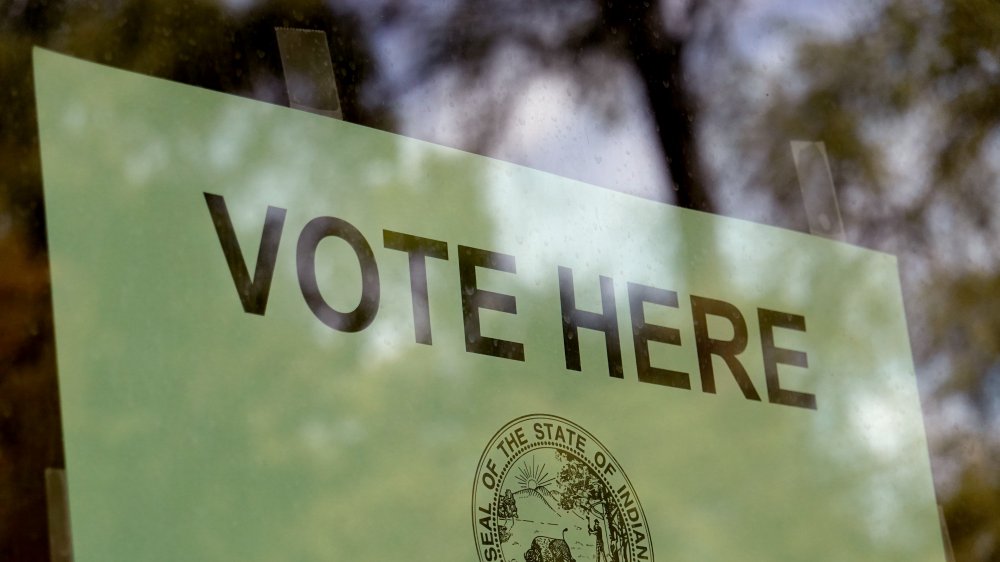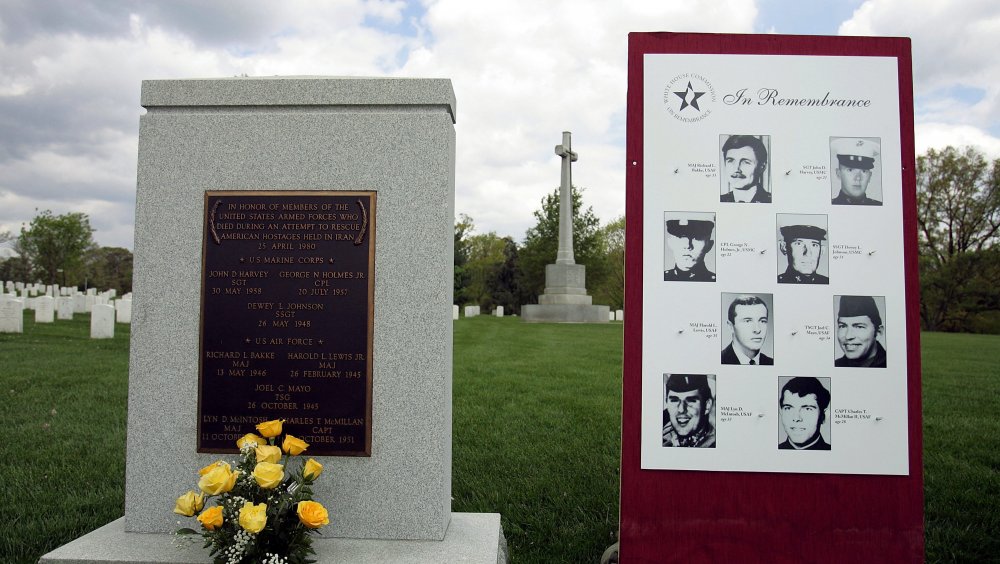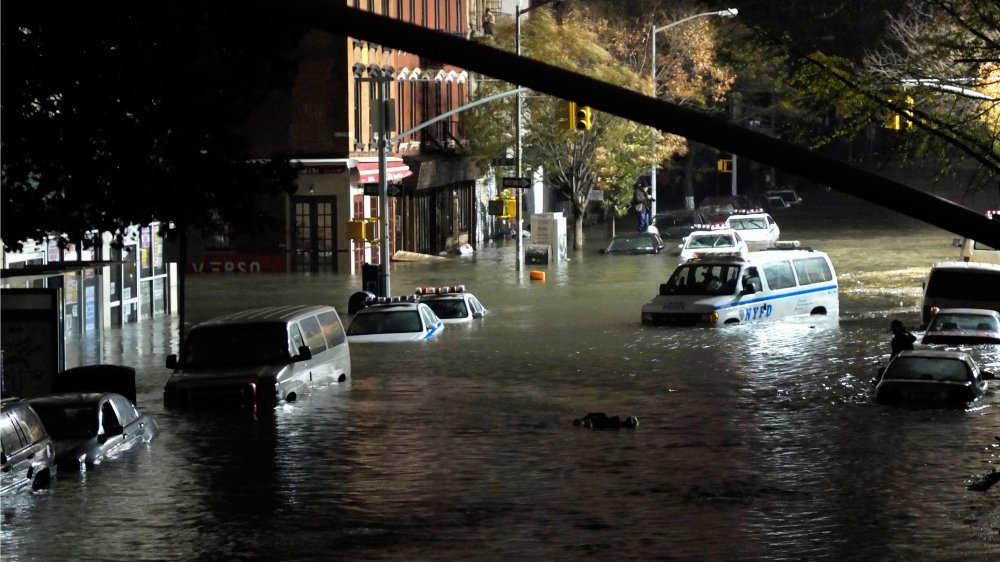The Most Dramatic 'October Surprises' Of Presidential Elections
In 1880, a letter purportedly written by then Republican candidate James Garfield about importing workers from China, at the risk of displacing American counterparts, was published, endangering his run for the presidency. Four years later, in 1844, a single comment seeming to disparage Catholicism cost a Republican candidate the Catholic vote and propelled Democrat Grover Cleveland to victory (via Smithsonian Magazine).
For as long as there have been November elections, there have been surprise events that have — or in some cases haven't — impacted a campaign in a certain way, leading to a specific outcome. Those of us who didn't know what these events were called might refer to them as potential "game changers" — but to political watchers they are "October surprises," or events that have the potential to swing an election in a particular candidate's favor. But do these events really foreshadow which candidate an election might favor? As any Magic 8 Ball might tell you, "Reply hazy, try again."
Two October surprises centered on Middle East policy
The term "October surprise" was first coined by Ronald Regan's campaign manager, William Casey, during the 1980 campaign (via Newsweek). Their October surprise came in the form of Iran's Prime Minister Mohammad Ali Raj declaring that 52 American hostages were being held in Tehran and would not be released for as long as then Democrat President Jimmy Carter was in the White House. The BBC reports that the hostages were freed the day Ronald Reagan ascended to the White House — and in exchange for the release of $3 billion dollars worth of Iranian assets that hand been frozen by the US government. But it appears the hostage crisis might have only had a small impact on American voters, since they were most likely reacting to the contracting US economy.
In 2004, the Iraq war had put Democratic challenger John Kerry on a collision course with then incumbent President George W. Bush. But just days before the election, TV network Al Jazeera aired a video of Osama Bin Laden taking responsibility for the 9/11 attacks on the World Trade Center. The video shifted the spotlight back to national security — and Bush used the message as a way to demonstrate that he was the only one who could keep America safe.
One October surprise involved a natural disaster
One of the most recent and most influential October surprises involved then Vice President Joe Biden. Between October 22 and 29, 2012, Hurricane Sandy struck and incapacitated the entire eastern seaboard, causing damages costing an estimated $74.1 billion and killing 48 people in New York, 12 in New Jersey, five in Connecticut, two in Pennsylvania, and five in other states (via CNN). During the time Sandy hit, polls had showed Barack Obama and his challenger Mitt Romney in a dead heat. The BBC says the hurricane gave Obama a bipartisan boost, particularly with the support of then New Jersey Governor Chris Christie, giving both Obama and Biden a second term.
We may only be in the beginning of October, but the month has already delivered several October surprises. It even began early, in late September, with the death of Associate Supreme Court Justice Ruth Bader Ginsburg along with efforts by the GOP to fill her seat so close to a presidential election. It also remains to be seen how an outbreak of COVID-19 infections at the White House, which sickened senior officials including President Donald Trump, might have an impact on the vote that takes place just a few weeks from now.


